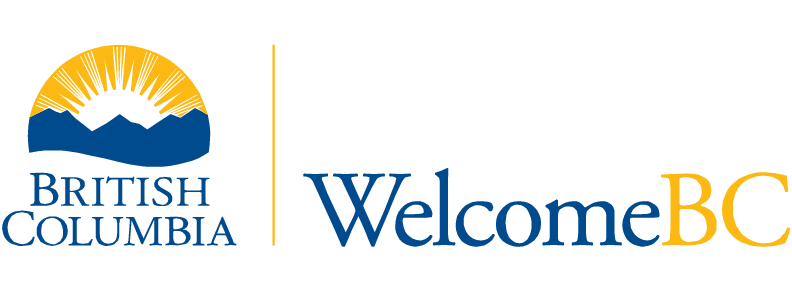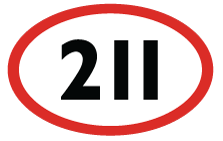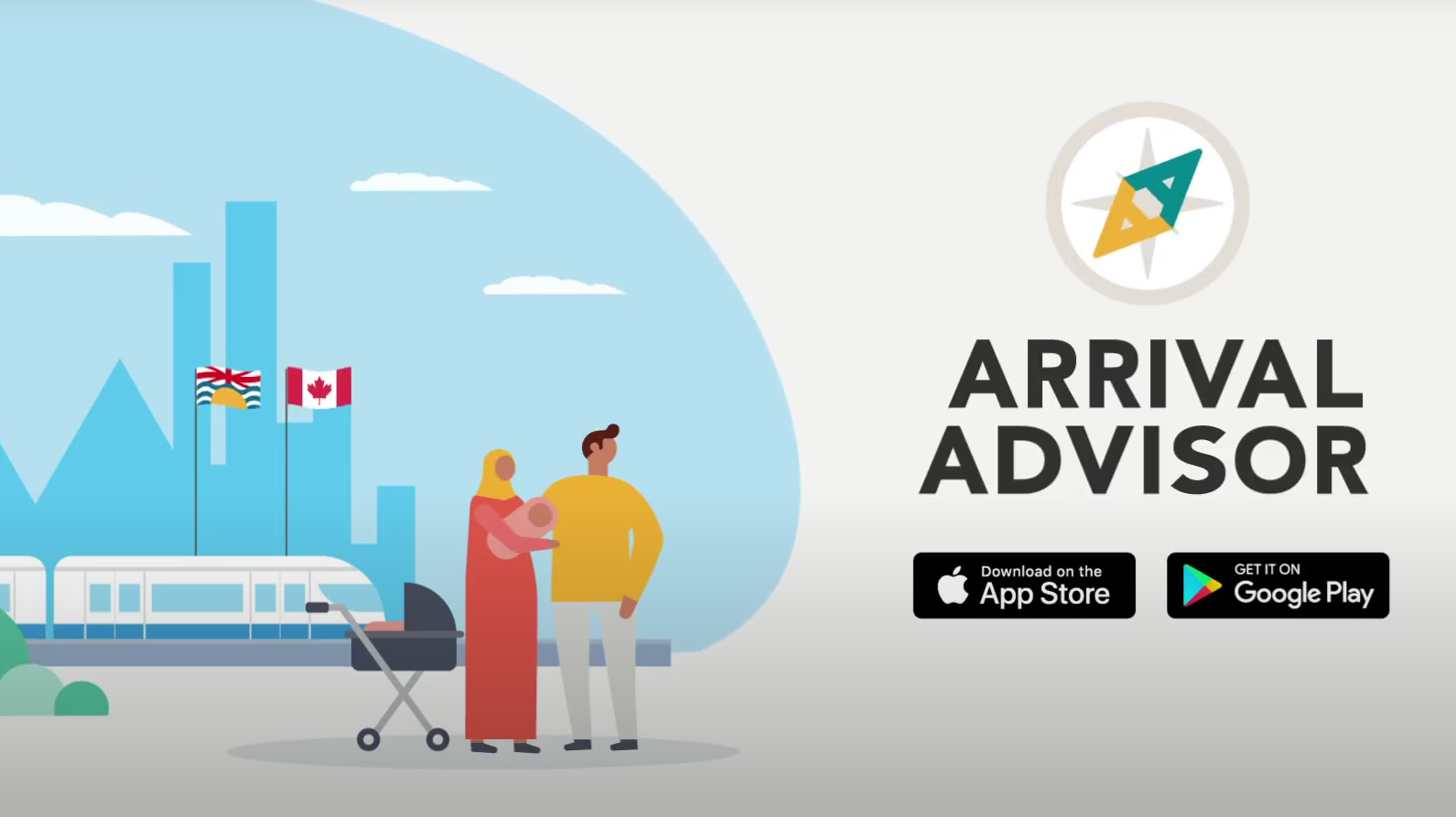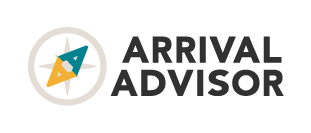[This post is from Grady Mitchell for PeaceGeeks. Welcome, Grady!]
 PeaceGeeks is a nonprofit organization based in Vancouver that builds digital tools to empower communities in the pursuit of peace.
PeaceGeeks is a nonprofit organization based in Vancouver that builds digital tools to empower communities in the pursuit of peace.
Our newest project, Arrival Advisor, is dedicated to making it easier for newcomers to Canada to find and access the services they need to build a new life here in British Columbia.
Arrival Advisor was funded by the Google.org Impact Challenge Canada program. This project was developed in partnership with Metro Vancouver Local Immigration Partnerships, along with British Columbia’s 2-1-1 program. Affinity Bridge supported our technical development.
And Open Referral played a key role in Arrival Advisor’s design and implementation.
At its core, PeaceGeeks’ Arrival Advisor app (available in Google‘s and Apple’s stores) is a comprehensive resource directory. It gives users access to information from across many service organizations and creates a single portal to access all of them, helping newcomers find the resources they can use to build a new life in Canada. Arrival Advisor extends the reach and impact of the excellent work being done by local organizations, and helps new immigrants find the services they need.
Open Referral has created a universal standard and infrastructure with which any organization can easily share data about resources. PeaceGeeks is using the Open Referral schema to represent the information about service providers and their various programmes that exist to help newcomers. Open Referral makes it simple to reuse service directory data sets across otherwise-disparate contexts, so that we can extend the app to cover new geographical areas and additional groups of users.
We can use existing resource data in new ways
In the course of their work, the organizations providing health and social services in British Columbia already assemble extensive directories of community resources. This information is vital to their work, but it could also prove immensely useful to other organizations in the sector. However, service provider organizations are more focused on serving their users than they are on exchanging service provider data. So much of this data remains locked away in mutually incompatible database spread across various service organizations.
As a result, people often miss services that could help them, service providers spend increasing time and energy updating and maintaining databases, and decision makers can’t accurately evaluate the impact of their efforts.
The problem is there’s little infrastructure in place to help organizations share their data. Open Referral is changing that.
Open Referral provides a universal framework for resource data partnerships
Managing this data is a lot of work. Building and maintaining a functioning database is a full-time job — sometimes multiple full-time jobs. Different organizations build databases in different ways and in different languages, so it’s not as simple as just plugging one into another.
The result is that many organizations dedicate substantial energy to building information silos that are redundant, since they’re gathering info that’s already been collected elsewhere, or fragmented, by missing data that could prove useful to their users.
Open Referral is addressing this by creating a lightweight, universal standard for organizing and sharing data openly and instantly. Any two systems that use the Open Referral standard can immediately communicate and interoperate.
How Arrival Advisor uses Open Referral
Arrival Advisor uses information from two data sets.
 The first is British Columbia Newcomer’s Guide, a text document outlining what new immigrants need to do when they arrive in the province.
The first is British Columbia Newcomer’s Guide, a text document outlining what new immigrants need to do when they arrive in the province.
 The second is the service provider data set from BC 211, a nonprofit that provides free information regarding community, government, and social services. BC 211 has compiled a list of about 12,000 service providers in the province, and is sharing it with Arrival Advisor using Open Referral’s standards.
The second is the service provider data set from BC 211, a nonprofit that provides free information regarding community, government, and social services. BC 211 has compiled a list of about 12,000 service providers in the province, and is sharing it with Arrival Advisor using Open Referral’s standards.
Arrival Advisor gives users access to both data sets, so they can read about what they need to do get their life started in Canada, and then they can directly access information about services that are available to them to help with each task, all from within the same app.
The world is becoming more open
As technology progresses, the world moves towards more open platforms and a philosophy of transparency and collaboration. Open Referral is a perfect example of that progress in action. Their innovations allow organizations to leverage collective knowledge, extend the reach and impact of our work, and better serve users.
By partnering with organizations like PeaceGeeks, Open Referral tests and improves its product. The more organizations that adopt Open Referral’s framework, the more powerful it becomes. And when knowledge is open, the work of one can lift all.
As another means toward the goal of cooperation and inter-operation, the Arrival Advisor code is open source. The server implementation could be easily adapted to use by other organizations that need a production-ready, Open Referral compliant server. It’s written in Python using Django, unit tested, and supports multilingual service data. (So far the API for service data is read-only.) Check out this project on GitHub.



Leave a Reply